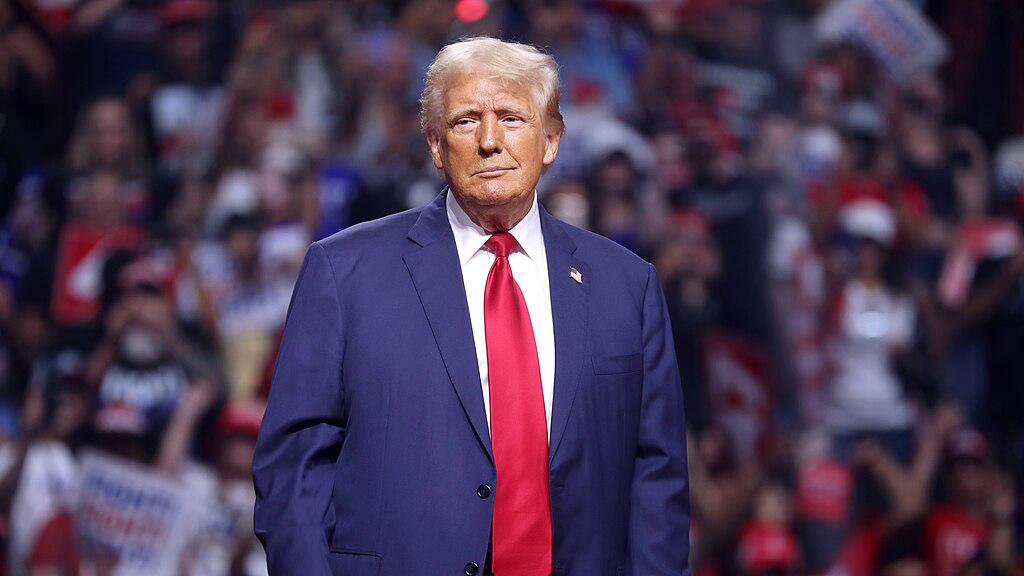A threat to academic freedom
European scientists warn against Trump's censorship

The first measures of Trump's second term are affecting scientists in the US and abroad. Last month, Trump announced that billions would be cut from the National Institutes of Health (NIH), the most important institution funding medical research in the US. Last week, a judge blocked Trump's administration from doing this.
Censorship
Academies of science in Europe are watching these developments with apprehension. In a joint statement, they say they are concerned about "increasing threats to academic freedom."
According to ALLEA, the umbrella association of European academies of science (which includes the Royal Netherlands Academy of Arts and Sciences, KNAW), the Trump administration is undermining scientists' freedom to determine their research questions. It is doing so by freezing funds for research into climate change and gender studies.
The academies argue that politics should not interfere with the "language, choice of subject and methodology" used by scientists. ALLEA qualifies Trump's interventions as a form of "censorship" and "political oppression."
Protection
ALLEA says that the consequences of some of Trump's decisions could take time. The decision to fire several democratic supervisors from the American privacy watchdog PCLOB could have far-reaching consequences for the cooperation between European and American researchers.
Privacy activist Max Schrems warns that this privacy watchdog was set up partly at the request of the European Commission to enable Europeans to share data with the US. ALLEA fears that the exchange of data is now at risk.
According to the umbrella organisation, European governments should protect academic freedom better. According to André Nollkaemper, a professor of International Law and Sustainability at the University of Amsterdam (Uva), this also applies to the Netherlands.